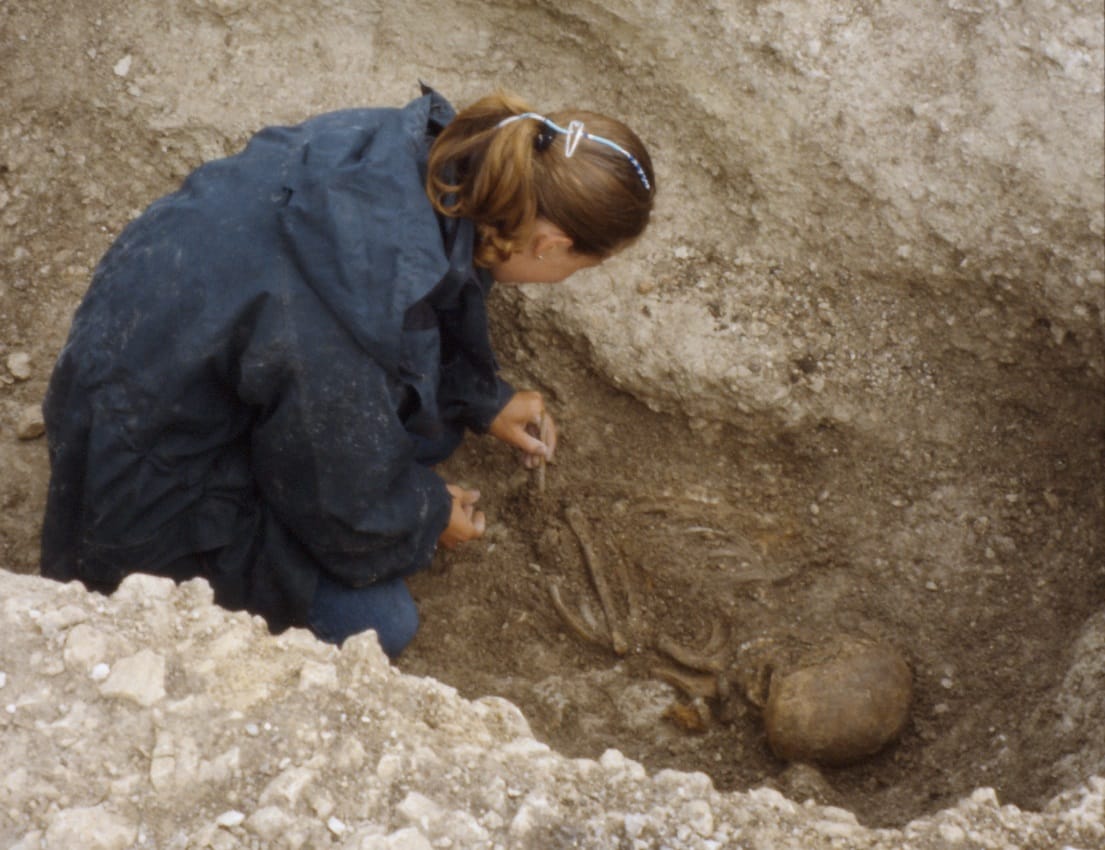
The Burial of the Dead essay
Both the short story by J. Joyce “The Dead” and a poem “The Waste Land” by T.S. Elliot deal in a range of common topics, such as disillusionment and death, which give root to a variety of lesser topics.
In the poem “The Waste Land” the title of the first chapter of the poem – “The Burial of the Dead” holds special meaning, because it is a quote from the Anglican Church burial prayer “The Order of the Burial of the Dead” (Notes 6, 11). The topic of death is realized in lines: “I will show you fear in a handful of dust” (Elliot 30). At first sight, the title of the story “The Dead” by J. Joyce may appear to be misused, because it deals in the depiction of Christmas party in the beginning of XX century. But as we read it closer, we can find a subtle but valuable meaning. The focus of the story is the Conroy couple, Gabriel and Gretta. Gabriel is not an old man, though he considers himself one of the “old” generation: “A new generation is growing up in our midst…” (Joyce) – so he starts his annual speech. In the house the table-talk is all about past and dead people, starting from old-time opera and finishing with Gabriel’s speech. The remembering of “good old times” starts from the speech of Mr. Browne: “Mr. Browne could go back farther still, to the old Italian companies that used to come to Dublin…Those were the days, he said, when there was something like singing to be heard in Dublin” (Joyce). Even the snow and the cold symbolize here death, sadness and stagnation. The people who attend the party seem to be completely separated from the outer world and life in it, because their lives are devoid of meaning, they have small needs and do small jobs.
We can see from the first encounter with Gabriel Conroy that he feels uncertain about his every move. This uncertainty makes him ask young Lily about her marriage and fail to receive an answer he awaits. Further, the same uncertainty is the cause of his hesitation about the quality of his annual speech during the party. Also it is a cause of the awkward situation which occurred between him and Miss Ivors. Due to his frustration, he becomes harsh to his beloved wife Gretta. When she asks him to go to Galway, he answered coldly: “You can go if you like” (Joyce). Gabriel doesn’t know yet that his wife has a secret sadness connected to the memory of her first love – a boy, who lived in Galway too, where Gretta was from. His frustration and insensitivity results in a failure in personal relationship and his revelation and disillusionment comes too late, after Gretta tells him a sad story about that boy who died for the love of her. “Better pass boldly into that other world, in the full glory of some passion, than fade and wither dismally with age… He had never felt like that himself towards any woman, but he knew that such a feeling must be love” (Joyce). Gabriel realized that he will never take the place of Gretta’s long lost first love in her heart.

